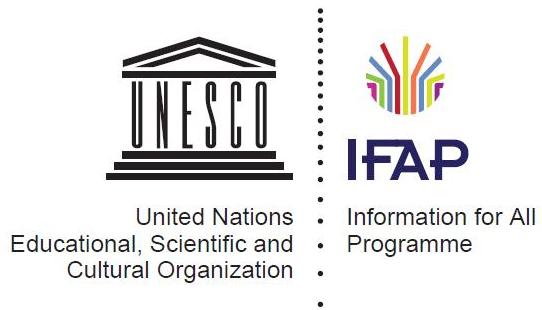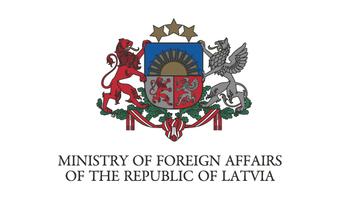

The Information for All Programme is an intergovernmental programme, created in 2000. Through IFAP, Governments of the world have pledged to harness the new opportunities of the information age to create equitable societies through better access to information.
The last decade has witnessed technological development at a scale and speed unprecedented in the history of humankind. The challenge the world faces is to ensure equitable access for all people to seize these new opportunities. Information is central to development. Information is essential for survival and sustainability. Information is the pathway to understanding and peace. The Information for All Programme is UNESCO's response to the challenges and opportunities of the Information Society.

The Latvian National Commission for UNESO represents State interests at UNESCO and the inter-governmental and international organisations associated with it and co-operates with other responsible State authorities. Additionally the Latvian National Commission for UNESCO formulates and approves action plans for implementing UNESCO programmes in Latvia. UNESCO’s main activities in Latvia: protecting cultural, natural, intangible and documentary heritage; develop an innovative network for cooperation, ensure qualitative access to education and respect inclusive and sustainable values in education.

![]()
In the area of environmental protection the Ministry deals with the establishment of prerequisites and conditions for nature conservation, clean environment and ensures that natural resources are used effectively and in sustainable manner.
In the area of regional development the Ministry implements and evaluates regional policy at state level, provides methodological guidelines and supervises the territorial development planning process, as well as ensures the development and supervision of local governments with overall goal to achieve well-balanced and sustainable development of the country.
Implementation and coordination of the e-Governance is another broad policy area of the Ministry. It includes establishment of one-stop principle for provision of state and local government services and implementation of modern and effective information and communication technologies in the public sector.